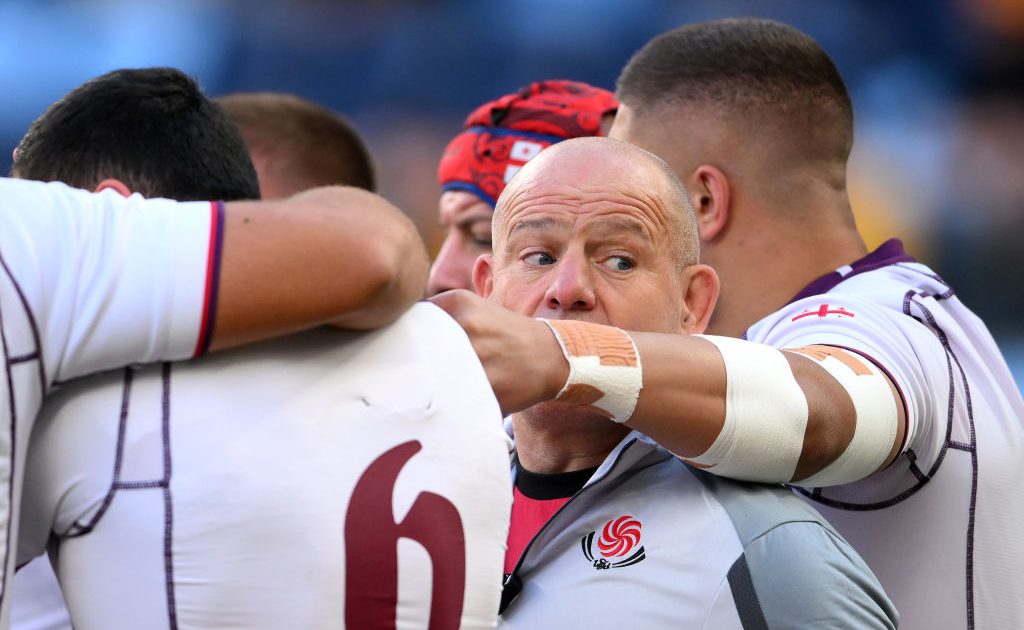Richard Cockerill: 'They think they can influence the referee... it's theatre'

Georgia rugby head coach Richard Cockerill has offered an insight into how Top 14 rugby coaches operate, including what he sees as their attempts to influence referees by coaching from the sidelines.
Cockerill’s coaching tenure in France included roles with Toulon and Montpellier, providing him experience in Top 14 club management.
Unlike in most professional rugby union competitions where coaches are normally to be found in the coaches’ boxes halfway up the stand, in France’s domestic league head coaches are typically found on the sidelines alongside the replacements bench – football-dugout-style. It can lead to all sorts of amusing shenanigans including coach versus coach bust-ups and the odd angry interactions between coaches and opposition players.
Speaking in a recent interview on the Oval Studio with Nika Chalatashvili, the former England forward who has also coached in France, shared his perspective on the cultural nuances he believes are unique to French rugby.
Asked why in the Top 14 French coaches are normally to be found in the pitch-side during games, Cockerill said it was partly gamesmanship, partly due to television.
“They think they can influence the referee,” said Cockerill. “Yeah, and it’s theatre for the TV, you know? They think it’s more… I don’t know the right word… theatrical.
“Players don’t listen when you… no, no, so it’s the referee. And it’s, I think, about the individual being the star of the show.”
In addition to discussing French coaching practices, Cockerill shared his views on the influence of Southern Hemisphere nations on rugby’s evolving rules. Responding to the interviewer’s question about frequent law changes in rugby, Cockerill addressed the challenges that adjustments create, particularly for newer rugby nations like Georgia.
“I think it’s a common problem, not just here. In Europe, in England, it’s the same. You want neutral people who don’t understand rugby that well to come and watch, but every season the rules change, and I agree, for safety, you have to keep the game safe.

“But I think it’s also about trying to make the game more entertaining for spectators.
“I’ve played and coached for 40 years, and sometimes I watch a game and I don’t know what’s going on. So, imagine if you’ve only just come to the game, or it’s new to you, and you’re trying to follow. I look at it sometimes and think, ‘I have no idea what the referee’s doing there.’”
It was put to him that the South Hemisphere was one of the main driving forces behind law changes and he was asked did they have that sort of power. Cockerill didn’t pull his punches.
“Yes, of course they are [behind law changes],” said Cockerill. “Apparently, they do [have that much power].
“It’s also because of their playing environment. They want a fast, open-flowing game, which is fine when it’s dry and on good pitches. In the Six Nations, it’s cold and wet, which doesn’t lend itself to free-flowing play, but in the southern hemisphere, both teams often want to play the same way.
“I’ve known southern hemisphere coaches who come to the northern hemisphere, and they struggle with the variety in play styles here. The beauty of rugby is that teams can play differently depending on their strengths, but we’re losing some of that.”


















